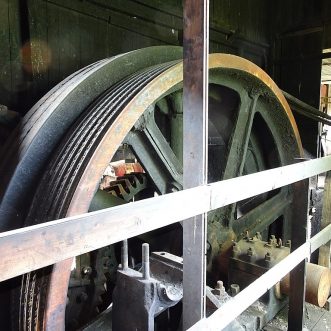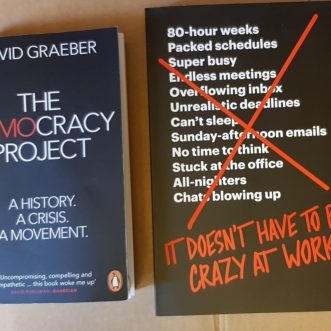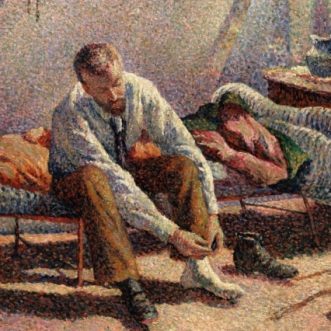
A virtuous flywheel
I love it when somebody else finds ways to say things better than I can. Here’s a great post from Corporate Rebels exploring how 2 very different companies found similar ways to turnaround and then grow:
3 Principles To Run A Company Sensibly
“both were motivated to adopt their unique methodologies to rescue the struggling companies they were leading. They wanted to save the jobs of people in their organizations. They thought this could be achieved by giving all an understanding of how the businesses were run—and then involve them in improving them. Their way of saving jobs became a new way to create jobs. These new jobs created new wealth. This wealth, was then shared with those who created it in the first place: all those in the company.”
In other words, they created a virtuous flywheel that didn’t depend on the bosses.
Sounds sensible to me. Flywheels get going faster when everyone pushes in the same direction.








